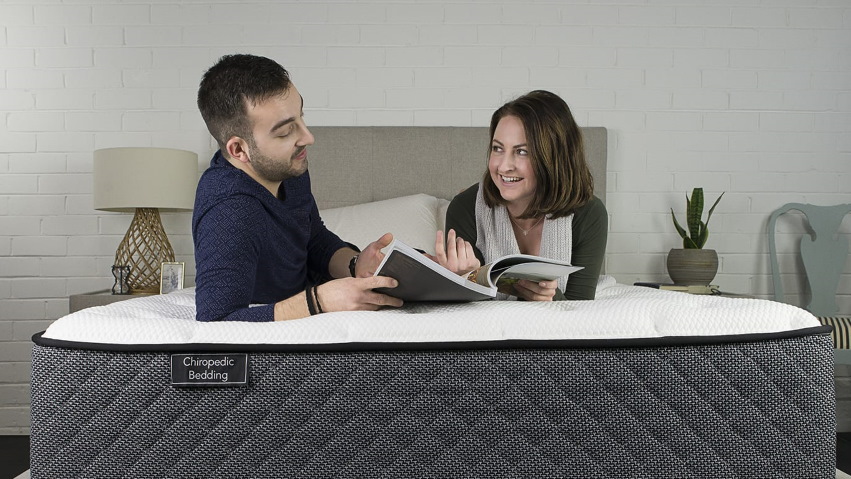What is the best pillow for a good night's sleep
- Written by News Company

Ah, the paradox of choice. In this day and age, we have choice after choice after choice to make about what seems like anything. Which can sometimes mean we feel more confused about everything. And pillows are no exception.
There is actually no right or wrong answer when it comes to the ideal pillow for a good night’s sleep. It actually comes down to how we sleep. Thankfully, the more we know about our own sleeping habits, the more we can tailor the pillow to suit our needs – and hopefully get a better night’s sleep. So, what do we need to consider?
What are the options?
There are a few different types of fillings used for pillows. These are:
- Down pillows – the traditional light and soft pillow feel
- Synthetic and polyester-filled pillows – less expensive than natural down and usually hypo-allergenic
- Memory foam – these tend to start at a higher price but they last longer with proper care
How do you sleep?
Most people will have more than one preferred sleeping position. You could be a side and back sleeper or a front and side sleeper, or a front and back sleeper. Whatever your preferred position is, there are styles of pillows which will suit you best:
- Side sleepers – if you sleep on your side you should look for a firmer and thicker pillow in order to support the weight of their shoulders and neck properly. The best material for this type of pillow is memory foam or gel-infused. You may also find that a contoured pillow is perfect for you.
- Stomach sleepers – if you sleep on your stomach you should look for a softer pillow, or no pillow at all, under your head. You could also place a one under your stomach and pelvis to try and help prevent back pain. The best material for softer pillows is synthetic or polyester.
- Back sleepers – if you sleep on your back you should look for a flatter pillow which can help to keep your head and neck in alignment. You could start with a softer synthetic or polyester pillow but if you wake up with back or neck pain, try the additional support of a foam pillow.
Make sure you change your pillow regularly
It’s not common knowledge that pillows expire, unless you have a brand that stamps the time-to-change date on them. But they do have a lifespan. This can be due to the build-up of dirt, body oils, and dead skin cells which can provide the perfect environment for dust mites, unpleasant odours and stains. And also to the level of support – and therefore the quality of your sleep – it can provide. So how often should you change them?
As a general rule, pillows should be replaced every 18 months. This can be longer for better quality pillows, especially memory foam pillow, as these are more hard-wearing than synthetic ones.
The shape and quality of your pillow is essential in getting a good night’s sleep as well as supporting a healthy neck, back and overall posture. Once you’ve found the ideal pillow for you, make sure you change them regularly to keep them fresh and as supportive as possible.

